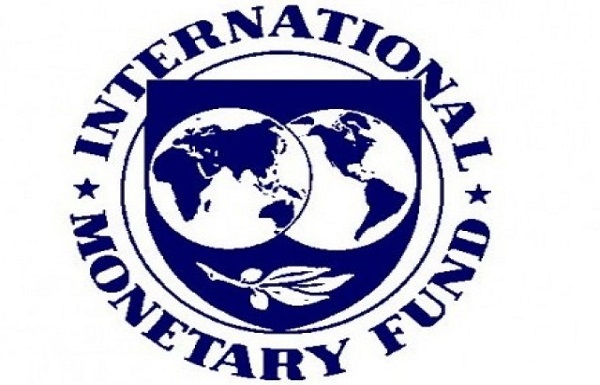The Executive Board of the IMF has concluded the Article IV consultation part 2 with Dominica7/22/2016 In part 2 of an IMF Executive Board Assessment, the Executive Directors noted the economic impact on Dominica caused by Tropical Storm Erika in August 2015 and commended the authorities for their policy response. The disbursement under the RCF program in October 2015 supported the immediate financing needs while providing time to specify measures consistent with the fiscal consolidation targets to restore fiscal sustainability.
Looking forward, Directors underscored the importance of maintaining the reform momentum to achieve fiscal and debt sustainability in the medium term, strengthen the financial system, and encourage private sector‑led growth in order to enhance the country’s resilience to possible future natural disasters. Directors supported the accommodation of reconstruction expenditures over the medium term, and emphasized the importance of financing the reconstruction activities within fiscally sustainable bounds. They noted that the fiscal measures already passed are appropriate and consistent with the commitments in the RCF, and that the improvements in tax administration are yielding additional resources. Given the uncertainty regarding revenues from the economic citizenship program (ECP) and the implementation risk of the remaining reforms, Directors suggested that any unanticipated revenue windfalls should be allocated to public debt reduction and to build fiscal buffers. Directors noted that a timely implementation of the fiscal consolidation plan is needed to attain the Eastern Caribbean Currency Union’s debt target by 2030. They also supported the authorities’ efforts to seek additional donor grants and concessional financing as part of their integrated fiscal consolidation strategy. Directors encouraged the authorities to complement the fiscal measures with structural fiscal reforms to make fiscal consolidation gains durable. Such measures should focus on strengthening and supporting the budget process and its execution, including systems to improve public financial management, and improving the transparency of the ECP. Directors welcomed the progress made in strengthening the financial sector, but noted that high levels of non‑performing loans and low capitalization across the financial industry pose risks to financial stability. They encouraged the authorities to press ahead with efforts to improve financial regulation and supervision, and further strengthen AML/CFT legislation. Directors agreed that enhancing growth prospects requires higher private sector participation and improving the business environment. To this end, they encouraged the authorities to continue pursuing structural reforms that facilitate an efficient operation of markets. In particular, they emphasized the importance of reforms to boost external competitiveness, including in the areas of labour markets, export diversification, access to finance, and energy costs. The ongoing plans to enhance the preparedness for and resilience to natural disasters should continue, as these shocks could be large and recurrent. In this regard, Directors encouraged the authorities to consider establishing a saving fund, using some of the ECP revenues.
0 Comments
Your comment will be posted after it is approved.
Leave a Reply. |
Q95 NewsCurrent and past news stories. Archives
July 2024
Categories |
ServicesAdvertising • Marketing • Promotions
News • Talk shows • Factual, Fair, Balanced Health • Advice • Events * Youth * Nutrition Kiddies program • Political views * Economy Information • Education • Entertainment |
|
|
Proudly powered by Weebly
|
Copyright.© 2000. All rights reserved. • WICE / Q95FM Radio, 10 Hanover Street, Roseau, Dominica • 1.767.448.5822 • 305.906.4216 • 347.430.4261
Designed and developed by Nicholes Designs


 RSS Feed
RSS Feed

































